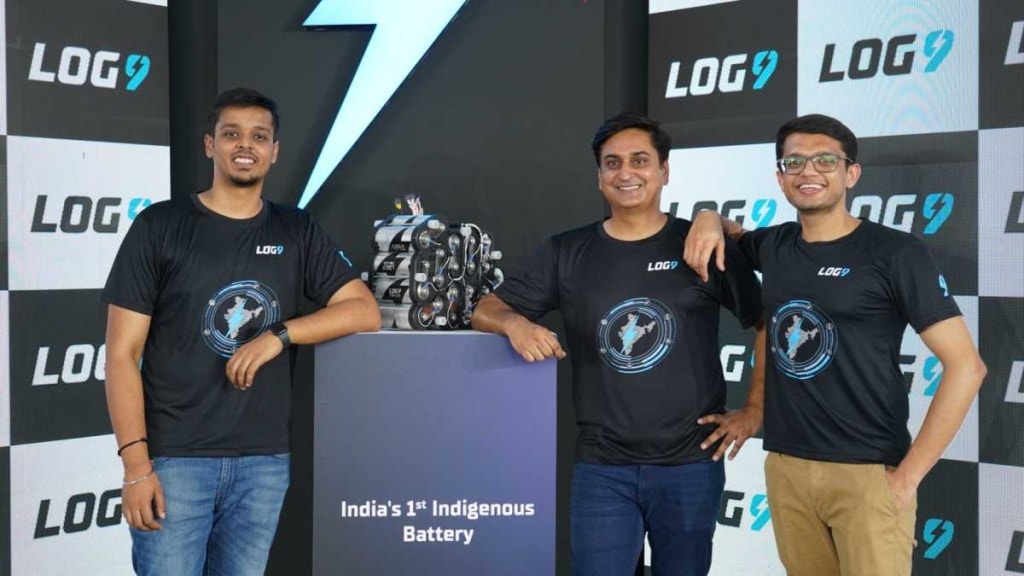With electric vehicles gaining pace globally, countries like India have been depending on other countries, especially China to source cells. These cells are then made into packs by OEMs to power their vehicles. However, Bangalore-based Log9 Materials has given hope to Indian OEMs with the launch of the country’s first Lithium-Ion manufacturing facility in Bangalore.
Log9’s cell manufacturing plant has a capacity of 50 MWh, catering to LTO and LFP cell manufacturing. However, Log9’s battery pack production line is a 250 MWh line, which is much bigger compared to the cell production line. “We started with the battery pack production to understand what works and the market, and we started with a safe chemistry,” says Kartik Hajela, the Co-Founder and COO, Log9 Materials.
The COO adds that the current cell production line has used a lot of learnings from Log9’s battery production. With the opening of cell production, Log Materials becomes India’s only integrated company that manufactures cells and battery packs. The current production line can cater to 25,000 electric two-wheelers annually, however, the company has a target of 1000 vehicles for this year.

Log9 Materials’ idea is to start indigenisation at a commercial scale and start with 1000 vehicles. Internally, the company has a goal to supply for 12,000 vehicles, however, Log9 says that the aim is not to chase numbers and look at profits now.
“Around 60-70 percent of this current line will be used for R&D and we will continue developing and experimenting on chemistries because the next scale-up will be big, at least 20 times this size. That investment will be huge and we are still trying to figure out where to set it up,” says the Co-Founder. This is the time a lot of other things will come into play in terms of land and government, but Log9 says it will be in South India.
Hajela continues on what it takes to set up a cell manufacturing plant in India. He says, “The first thing is to look at cracking chemistries and see how much control one has on the technology. India has been primarily driven by technology coming from outside and assembly happening here. When looking at such factors, it is difficult to set up a Lithium-Ion manufacturing setup in India if you don’t have the technology.”
He adds, “It also needs a select set of talent, which is again scarce in India. We need Material Scientists. This is what we based our company on and initially, our idea was to work on fundamental materials, and lucky for us, EVs caught the right tail wind and we decided to move all our knowledge to batteries.”
If the fundamental technology and chemistry are there, the journey to set up a cell manufacturing facility is relatively simpler, however, if there is no control over chemistry but looking at setting up a manufacturing plant in partnership with someone else, it will be a tedious task. “If you don’t have control over the technology, one can’t scale up as the global markets evolve,” says Hajela.



















